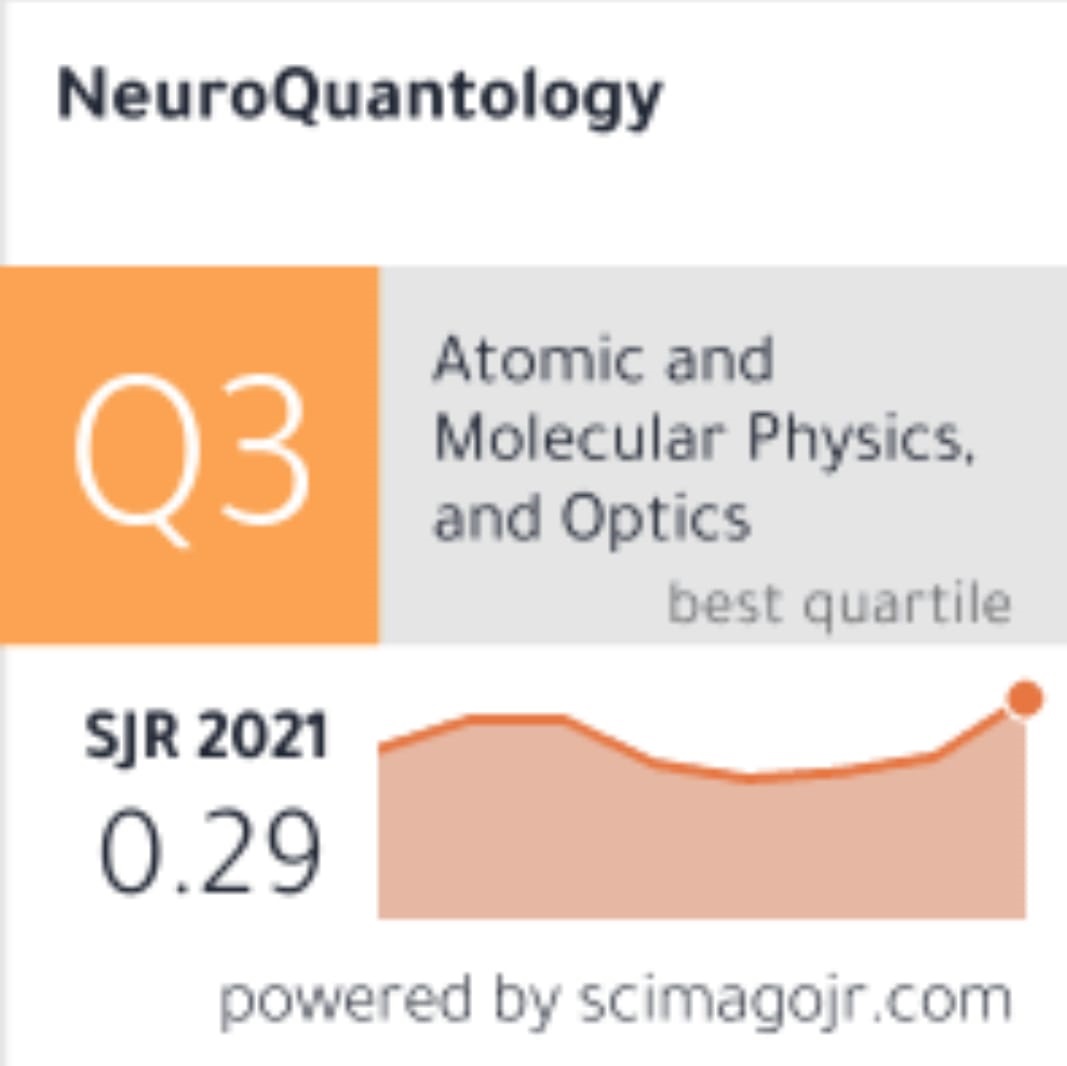


Volume 20 No 11 (2022)
Download PDF
SURVEY ON NATURAL LANGUAGE PROCESSING
Divyansh Dhubkarya, Malvika Sharma,Ananya Anand, Dr. Manish Bhardwaj
Abstract
Natural Language Process delineates a predominant part in the field of emerging technologies that allow
the computer to transfer the data with humans in their language. The machine indulges in reading texts,
hearing speeches, interpreting IT, measuring sentiments, etc. It is also known as a language-centric task
scaler. With the changing world where technology becomes a crucial part of our lives, so does NLP. By
utilizing Natural Language Processing methods, you can make it feasible for non- expert users to express
their programming concepts through natural language. NLP is arguablythe most convenient and
conventional type of technology field today which fosters Siri, Alexa, and Cortana that has become a
unified part of our lives. Natural Language is a subset of artificial intelligence whose primary purpose is to
comprehend and produce meaningful human language utterances. It is salient because it tends to resolve
the ambiguity in language. Over a decade the high- profile researchers had put in efforts- for social media
monitoring, the opportunity of customer service and chatbots, fake news detection, generative pretraining model (GPT), etc. Therefore, NLP provides you with the usage of Artificial Intelligence and is also
used to recover the information in data mining. This technology is going to take over the market soon as
it is in high demand because of its easier approach and accessibility. Natural Language Processing (NLP)
and its many techniques are examined in this study.
Keywords
Natural Language Processing (NLP), Natural Language, Artificial Intelligence, Technology, Data Science, Machine Learning, RNN (Recurrent Neural Network)
Copyright
Copyright © Neuroquantology
Creative Commons License
This work is licensed under a Creative Commons Attribution-NonCommercial-NoDerivatives 4.0 International License.
Articles published in the Neuroquantology are available under Creative Commons Attribution Non-Commercial No Derivatives Licence (CC BY-NC-ND 4.0). Authors retain copyright in their work and grant IJECSE right of first publication under CC BY-NC-ND 4.0. Users have the right to read, download, copy, distribute, print, search, or link to the full texts of articles in this journal, and to use them for any other lawful purpose.
